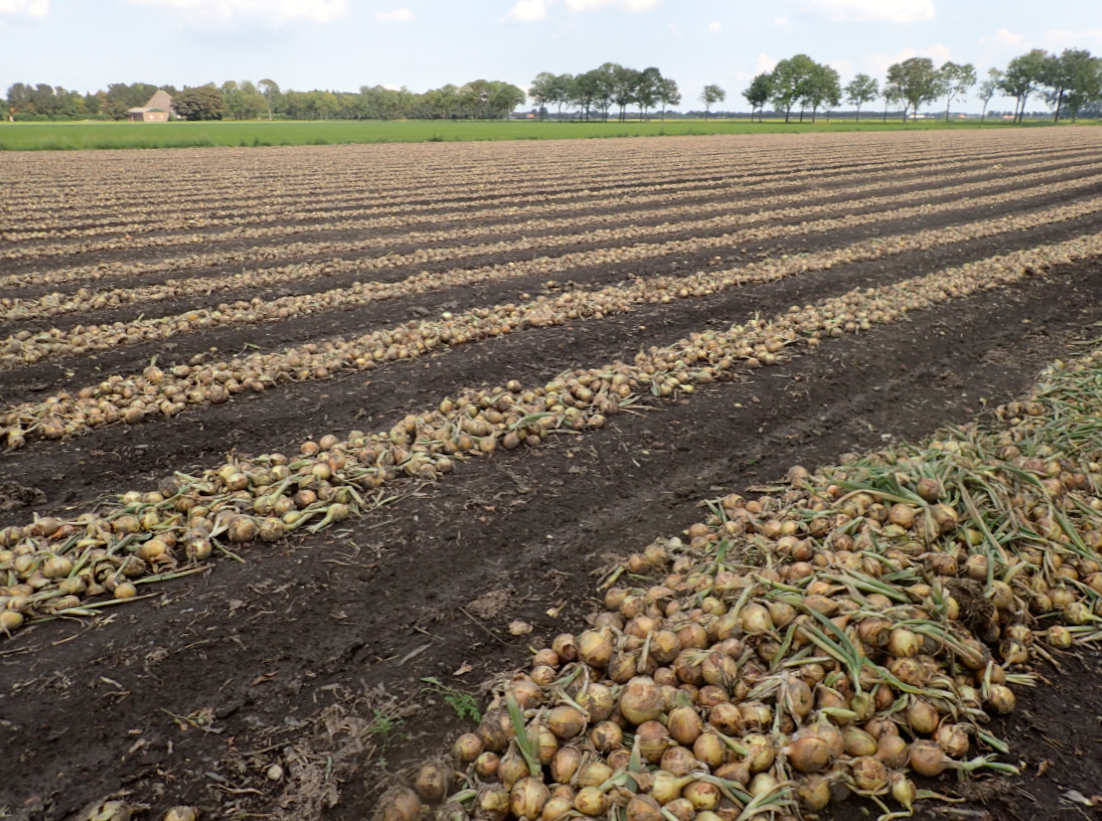Farmers call for urgent review of new glyphosate cancer research

Dutch farmers’ organisation LTO has called for a rapid assessment of new international research that links the use of glyphosate weedkiller to cancer in rats.
The study, carried out by European and US scientists, exposed 1,000 rats to varying doses of glyphosate over several years. Researchers found that some of the animals developed leukaemia or other forms of cancer, while no cases were recorded in a control group.
The results have been described as “groundbreaking and alarming” by Dutch scientists not involved in the study.
If the findings are confirmed, the LTO said the product’s approval “must be withdrawn immediately”, Trouw quoted the organisation as saying. Glyphosate is widely used by Dutch farmers in both the food and flower industry.
The LTO said it was essential that national and European safety bodies, including the European Food Safety Authority (EFSA) and the Dutch board for the authorisation of plant protection products and biocides (CTGB), evaluate the study “as a top priority”.
The organisation stressed that Dutch farmers work with crop protection products that have been declared safe “after extensive European and Dutch scrutiny”, provided they are used responsibly.
The CTGB says it will examine the results and methodology of the study and report its findings to the agriculture ministry within several weeks. The authorisation of glyphosate was recently renewed by the EU body EFSA after lengthy debate for another 10 years.
The CTGB said that any decision to revoke the product’s approval must come from the European Commission, since glyphosate’s status is determined at the European level.
The CTGB said in May it would revise a methodology that underestimated the cancer risk of pesticides, including glyphosate, but said it did not consider a full reassessment of previously approved products to be necessary.
Last year, the CTGB admitted during a court case on the use of pesticides by a lily grower that it had not investigated the cumulative effects of using multiple pesticides at the same time.
Thank you for donating to DutchNews.nl.
We could not provide the Dutch News service, and keep it free of charge, without the generous support of our readers. Your donations allow us to report on issues you tell us matter, and provide you with a summary of the most important Dutch news each day.
Make a donation